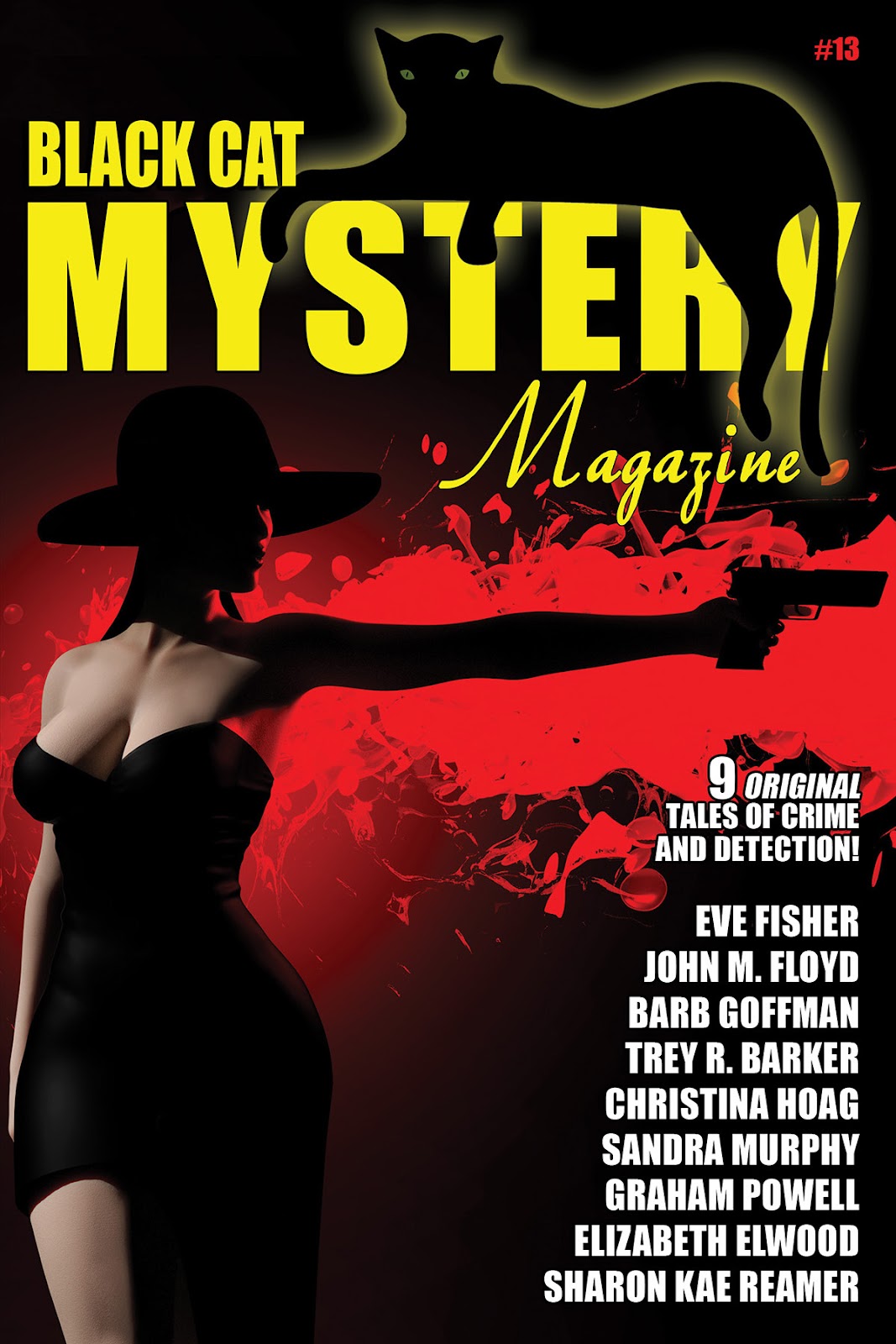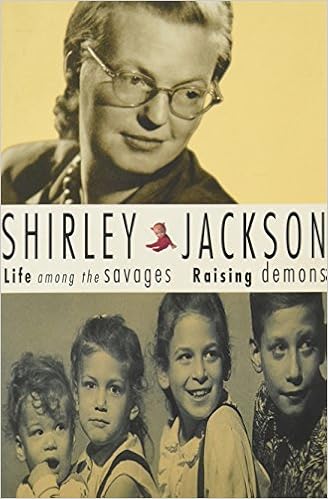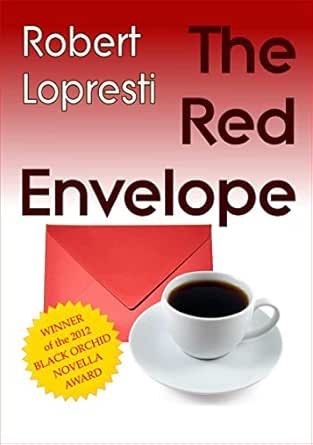A fellow AVP facilitator said she'd learned a new word at the last workshop: Sancho. They were doing role plays about going home from prison, which gives inmates a chance to work out some of their fears and hopes in a controlled setting. It's one of the most popular exercises. Anyway, various people asked, before and during the role play, "So where's Sancho?" and "What are you gonna do about Sancho?"
- Sancho: The generic term for the man (or woman) who moves in with your girlfriend / wife while you're in prison.
There's a lot of slang in prison.
- Fish: Brand new inmates.
- Fishtank: Where the new inmates are kept.
- House: Cell.
- Cellie: Cellmate.
- Going on Vacation: Going to the SHU, which is:
- SHU (or the Hole): Solitary Confinement
- Duck: A guard / staff member / volunteer who's being groomed to get an inmate something the inmate wants. From the phrase "Downing a Duck", which in turn describes how inmates manipulate non-inmates without the latter realizing it. Flattery and attention can get you surprising things in prison. Watch this and learn: (SEE HERE)
- BTW, It works better than you might think, otherwise COs and staff wouldn't get fired from prisons for providing drugs, cell phones, or other contraband, or for having sex with inmates, or for helping them escape... See my 2015 post "What We Do For Love". Sigh…
- Shot Caller: Leader of a gang. Often not the person you think it is. They don't necessarily want an outsider to know who's really in charge. And it's generally not the loud mouth who's telling you "I run everything 'round here." Yeah, right.
- Punk: An inmate who is considered weak and can be used, including sexually. Sometimes especially sexually. If used as an insult to the wrong person, there will be a fight. See also "Bitch".
- Prison Wolf: Gay to the gate. Lot more of that around than anyone ever admits.
- High Class: Hepatitis C.
- The Monster: HIV.
- Chomo: Child molester. Very dangerous term to use about someone. It could get them - or you - killed.
- Apple: VERY insulting term for Native Americans (Red on the outside, white on the inside). There's gonna be a fight.
- Drive By: You walk by an inmate's cell and fart. Less lethal than a
- Lock in a Sock: Just what it sounds like, a combination lock in a sock. A very common weapon to cold-cock someone.
- Back Door Parole: to die in prison.
- Soups: Ramen, available through commissary, one of the common currencies of the cells.
- Burrito: Feast food of the cells, which uses no tortillas and rarely beans. It's made of ramen noodles, Doritos, and whatever processed meat and flavoring is on hand. Mix together in a specific order in a garbage bag, pour boiling water over it, shape it as preferred, and after 10+ minutes it's ready to be cut up and served.
- Kite: A note passed between inmates; also the term for a genuine request sent by inmates to any staff member.
- Flat: "I'm going to flat next month", i.e., I will have served my sentence and get out without needing parole.
- Ninja Turtles: COs in riot gear.
- Road Dog: Inmates who are friends, especially those who were friends BEFORE prison.
- Catch: "So what did you catch?" "I caught a case" or "I caught ten years" - I got sentenced.
- Toochie: One term for synthetic marijuana, K-2, etc. The truth is, the slang for drugs changes every time you turn around, especially as new drugs come out, so… this may be old by now. "Paper" is also used, because a lot of drugs come in as paper that's been soaked in liquid K-2, etc. Anyway, I used the term in Cool Papa Bell, where one of the softball teams calls themselves "The Toochie Tucks".
- Tucks: A term for hiding contraband or a weapon up one's ass. Keister, is or was another term for it, and I've rarely heard that one used.
Other teams in "Cool Papa Bell" are:
- "CTQs" (Confined To Quarters), i.e., on cell restriction;
- "Spider Monkeys", i.e., doing hard time;
- "5150s" mental health cases;
- "Soup Skippies", i.e, eating a lot of Ramen and wearing the state-issued tennis shoes, i.e., broke.
Well, that's a start to understanding what you might overhear when inmates talk among themselves.
And now for some BSP:
My story, "Cool Papa Bell", is in Josh Pachter's Paranoia Blues;
Just because you're in prison doesn't mean there's no more crime. Or opportunities to commit it.
https://downandoutbooks.com/bookstore/pachter-paranoia-blues/
And on Amazon HERE
On Amazon HERE.









